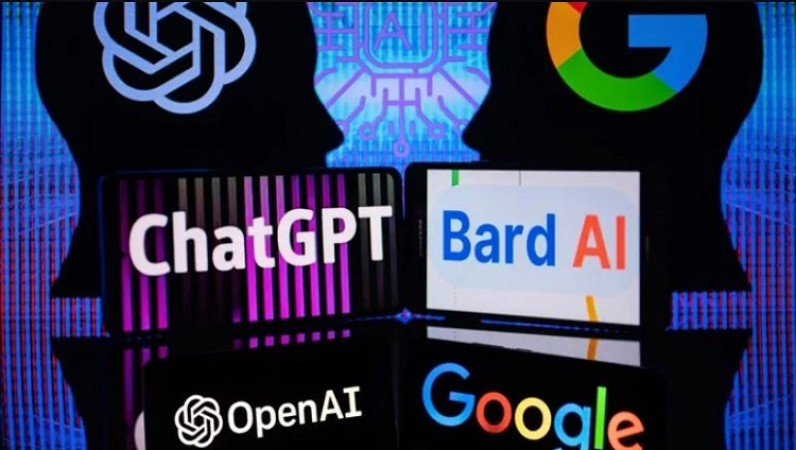
In the ever-evolving landscape of artificial intelligence, OpenAI, the trailblazing organization, has recently embarked on an ambitious journey - the development of its very own AI chip. But what prompts this groundbreaking move? Let's delve into the intricacies of OpenAI's decision to venture into chip development.
In the realm of AI research, the importance of hardware is undeniable. The power and efficiency of AI systems significantly depend on the underlying hardware that supports them. Traditional hardware, although capable, often falls short in meeting the ever-increasing demands of AI models.
OpenAI recognizes that the conventional off-the-shelf hardware might not be optimized for the unique requirements of its cutting-edge AI models. These models, like GPT-3 and its successors, are exceptionally large and complex, demanding specialized hardware to reach their full potential.
One primary motivation behind OpenAI's venture into chip development is to enhance the performance and efficiency of its AI models. A dedicated AI chip can be customized to accelerate specific AI workloads, thus improving the speed and efficiency of computations.
OpenAI envisions an AI chip that is scalable. This means that as AI models continue to grow in complexity and size, the chip can be adapted and upgraded to keep up with the evolving landscape of AI research. This scalability is crucial to ensure OpenAI's leadership in the field.
By developing its AI chip, OpenAI aims to reduce costs associated with cloud computing and data center infrastructure. A dedicated chip can handle AI workloads more efficiently, potentially leading to cost savings in the long run.
OpenAI's mission revolves around ensuring that artificial general intelligence benefits all of humanity. Developing its AI chip allows OpenAI to have greater control over its technology, enabling the organization to make advancements that align with this mission.
Customization is key in the AI chip development journey. OpenAI can tailor the chip to meet the specific requirements of its AI models, achieving a level of optimization that's hard to attain with off-the-shelf components.
OpenAI's chip development isn't a solitary endeavor. The organization has a history of collaboration and open-sourcing its research. This chip initiative is no exception. OpenAI is keen on collaborating with other research and policy institutions to ensure AI technology's responsible and equitable development. OpenAI's decision to create its AI chip is driven by the need for specialized, efficient, and scalable hardware to support its cutting-edge AI models. It's a step towards furthering AI research, reducing costs, and advancing OpenAI's mission of ensuring the benefits of artificial general intelligence are accessible to all. In this ever-changing landscape of technology, OpenAI's journey into chip development is a bold and promising stride.
Before updating your mobile to Android 14 and iOS 17, know this, ignoring it will cause problems
How to Massage Your Baby: Key Considerations and Answers to Common Questions
Assam Rifles 2023 Recruitment Notice: Technical and Tradesmen Posts Announced